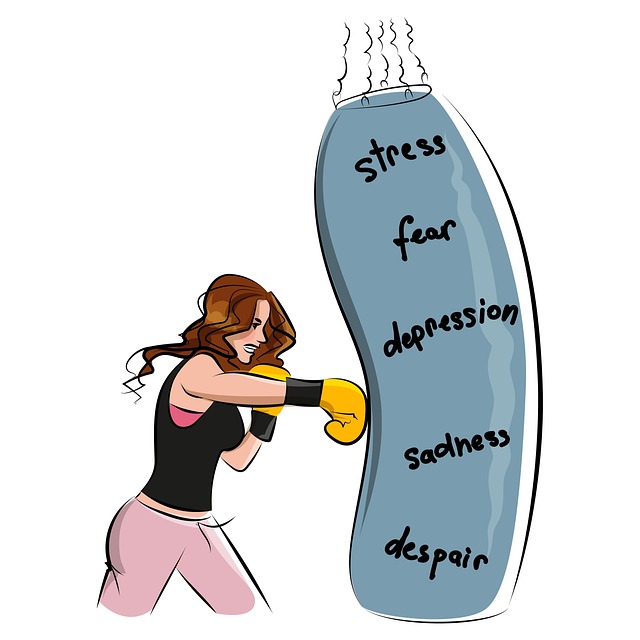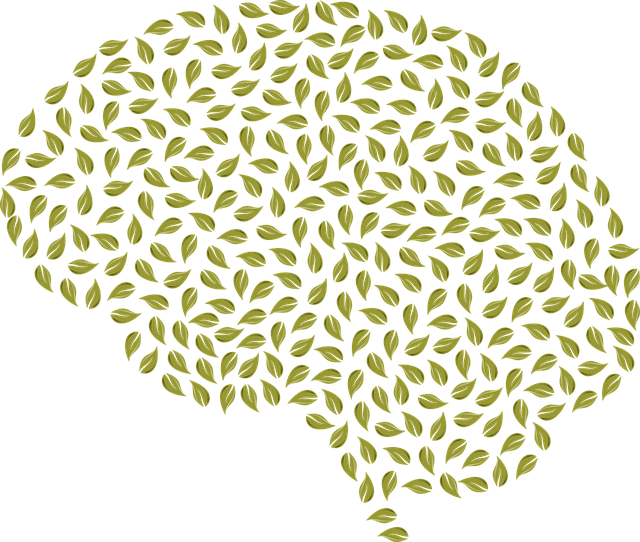Colorado Springs Cognitive Processing Therapy (CSPT) is a powerful tool for emotion regulation, helping residents improve their mental wellness. This therapy teaches individuals to identify and challenge negative thought patterns, boost self-awareness through journaling, and develop healthier emotional responses. By focusing on thoughts, feelings, and behaviors, CSPT empowers people with effective coping strategies, leading to better conflict resolution and overall improved mental health in the vibrant Colorado Springs community.
Emotion regulation is a vital skill, and teaching individuals how to manage their emotions effectively can lead to improved mental well-being. This article explores various techniques, with a particular focus on the Colorado Springs Cognitive Processing Therapy (CS-CPT) approach. We delve into understanding emotion regulation, its benefits, and practical strategies for educators and caregivers. CS-CPT, known for its effectiveness, offers a structured framework. By implementing these teachings, folks can enhance emotional intelligence and navigate life’s challenges with greater resilience.
- Understanding Emotion Regulation Techniques
- Colorado Springs Cognitive Processing Therapy: An Effective Approach
- Teaching Strategies for Efficient Emotion Regulation
Understanding Emotion Regulation Techniques

Emotion regulation techniques are essential tools for enhancing emotional well-being and promoting mental wellness. These techniques help individuals understand and manage their feelings effectively, which is crucial in navigating life’s challenges. In Colorado Springs Cognitive Processing Therapy, a therapeutic approach that focuses on cognitive restructuring and processing traumatic experiences, emotion regulation is a key component of the treatment process. By teaching clients to identify and challenge negative thought patterns, this therapy empowers them to gain a deeper understanding of their emotions.
The goal of these techniques is not to suppress or ignore feelings but rather to foster a healthier relationship with them. One effective method is journaling, which serves as a mental wellness journal exercise guidance for individuals to track their emotional states and reflect on triggers. This practice boosts confidence by increasing self-awareness and providing insights into patterns that contribute to emotional regulation. Through these techniques, folks in Colorado Springs can revolutionize their emotional landscape, leading to improved overall well-being.
Colorado Springs Cognitive Processing Therapy: An Effective Approach

Colorado Springs Cognitive Processing Therapy (CSPT) has emerged as a powerful approach to emotion regulation teaching. This therapy focuses on identifying and modifying negative thought patterns, helping individuals gain better control over their emotions. By fostering self-awareness exercises, CSPT empowers people to navigate through difficult situations with enhanced coping mechanisms. The process involves understanding the connection between thoughts, feelings, and behaviors, allowing for more effective conflict resolution techniques.
This therapeutic method has proven particularly beneficial in promoting mental health awareness, as it teaches individuals to recognize and challenge cognitive distortions that can lead to emotional distress. Through structured sessions, clients learn to reframe negative thoughts, leading to improved emotional regulation and overall well-being. By integrating self-awareness exercises and conflict resolution techniques, CSPT offers a holistic approach to mastering one’s emotions in the vibrant community of Colorado Springs.
Teaching Strategies for Efficient Emotion Regulation

Teaching strategies for efficient emotion regulation play a pivotal role in enhancing mental health awareness and emotional well-being promotion techniques. In Colorado Springs Cognitive Processing Therapy (CPT) is often employed as an effective approach, focusing on identifying and modifying negative thought patterns that contribute to emotional distress. Therapists facilitate this process by encouraging clients to challenge cognitive distortions and replace them with more realistic and adaptive thinking. This strategy empowers individuals to manage their emotions constructively.
Additionally, healthcare provider cultural competency training is invaluable in tailoring these techniques to diverse populations. By understanding the impact of cultural backgrounds on emotional expression and coping mechanisms, professionals can offer more personalized and inclusive support. This holistic approach ensures that emotion regulation teachings resonate with individuals from various walks of life, fostering genuine connection and meaningful progress towards better mental health.
Emotion regulation techniques, as demonstrated by the effective Colorado Springs Cognitive Processing Therapy, are invaluable tools for individuals seeking to manage and understand their emotions. By employing these strategies, one can enhance their ability to navigate life’s challenges with resilience and adaptability. Through practical teaching methods, people can learn to recognize and regulate emotional responses, leading to improved mental well-being and overall quality of life. This personalized approach to therapy empowers folks to take control of their emotional health, fostering a sense of empowerment and self-efficacy in managing whatever comes their way.














